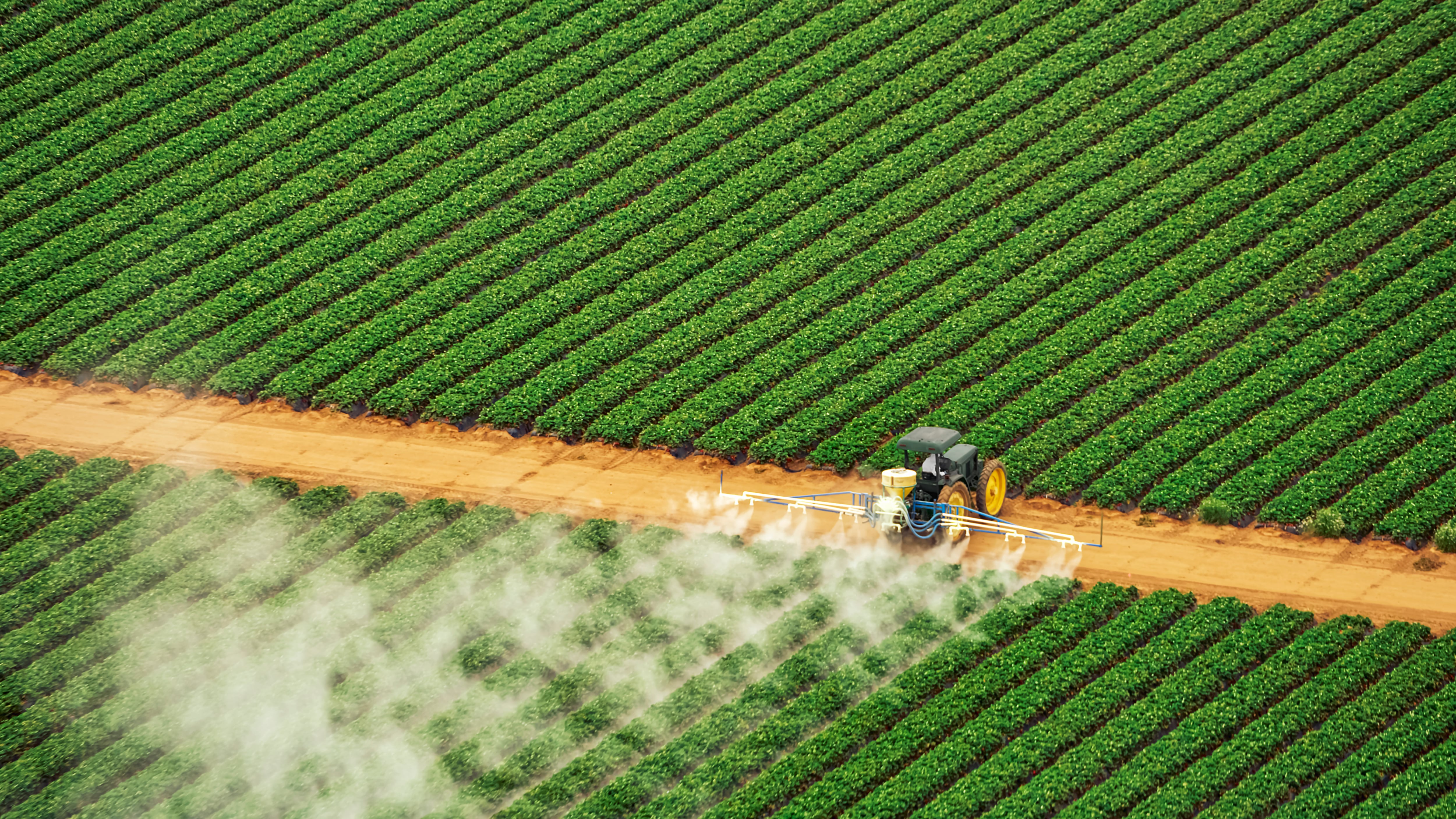A report from global think-tank IPES-Food has found that 40% of all global petrochemicals are now consumed by food systems, with petrochemicals now the single largest driver of oil demand growth.
Petrochemicals are used in an array of day-to-day products across a whole host of different industries, however, the report reveals their use within food is significant - mostly driven by synthetic fertilisers and plastic packaging.
The report flags that as much as 99% of synthetic nitrogen fertilisers and pesticides are derived from fossil fuels such as petrochemicals, whilst food and drink packaging accounts for at least 10% of global plastic use - with a further 3.5% used in agriculture.
The IPES-Food experts behind the report warn that if we don’t cut ties with fossil fuels, it will make tackling climate change impossible.
With alternatives available, they are now urging governments to seize the opportunity at COP30 in Brazil to phase out fossil fuel and agrochemical subsidies, and shift food and farming toward agroecology, shorter supply chains, and resilient local food systems.
“Fossil fuels are, disturbingly, the lifeblood of the food industry. From chemical fertilizers, to ultra-processed junk food, to plastic packaging, every step is fossil fuel-based. The industrial food system consumes 40% of petrochemicals – it is now Big Oil’s key growth frontier. Yet somehow it stays off the climate radar,” commented Errol Schweizer, IPES-Food expert.
These findings also come amid intense geopolitical instability in the Middle Easy and volatile oil prices, with the experts warning that the link between food and energy prices could put millions at risk of food insecurity.
“Tethering food to fossil fuels means tying dinner plates to oil rigs and conflict zones,” added Raj Patel from IPES-Food.
“When oil prices rise, so does hunger – that’s the peril of a food system addicted to fossil fuels. Delinking food from fossil fuels has never been more critical to stabilise food prices and ensure people can access food.”
Molly Anderson, from IPES-Food shared similar thoughts, adding: “From farm to fork, we need bold action to redesign food and farming, and sever the ties to oil, gas, and coal.
“As COP30 approaches, the world must finally face up to this fossil fuel blind spot. Food systems are the major driver of oil expansion – but also a major opportunity for climate action. That starts by phasing out harmful chemicals in agriculture and investing in agroecological farming and local food supply chains – not doubling down on corporate-led tech fixes that delay real change.”


